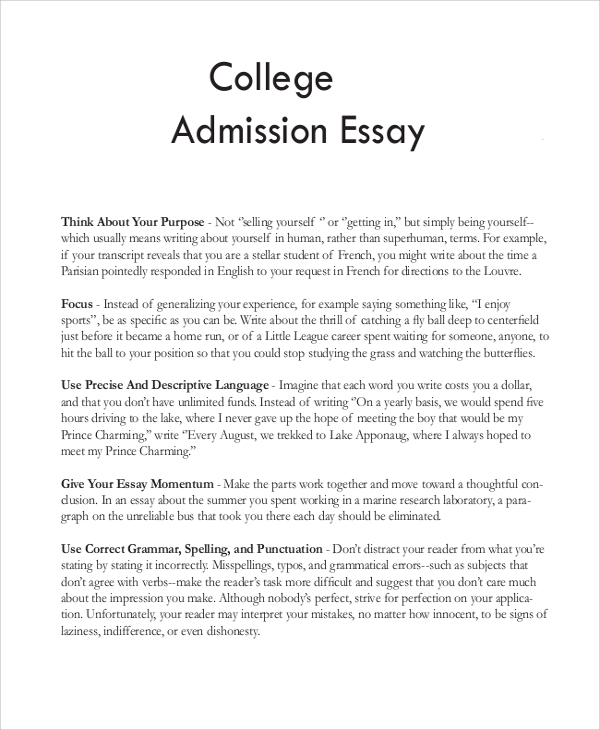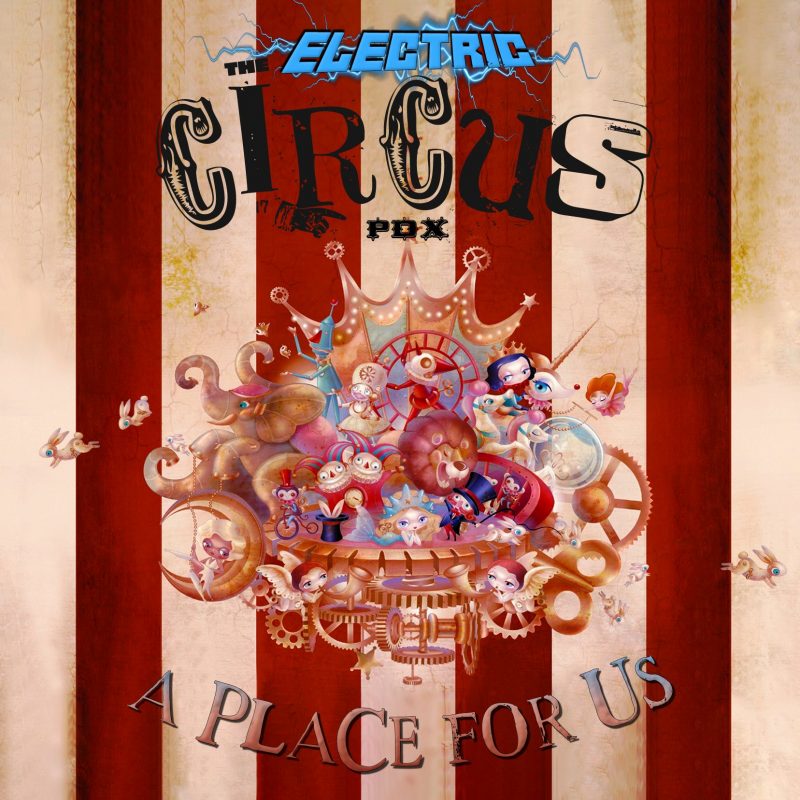Reflective model according to Kolb - Nicole Brown.
Kolb’s cycle is a useful Tool for managers to use in reflective supervision with staff who work with children, young people or families. Reflective supervision is a learning process in which the supervisor engages with the supervisee to: Explore a supervisee’s practice and factors influencing their practice responses (including.
In 1984, David Kolb developed the learning style inventory from his earning style model that was published at that time. Kolb’s theory works on the basis of two levels that are separated into a cycle that is made up of four stages of learning as well as a second level that is made up of four separate styles of learning. He referred to.

Kolb noted in his theory that there is a four stage learning cycle wherein the four distinct learning styles are based. These learning styles attempt to provide an explanation why there is a variety in learning (Smith, 1996). The learning cycle, which is the core principle of Kolb’s theory, touches all bases: experience, reflection, thinking.

The author discusses Kolb's learning cycle and the propositions that give rise to it. The author considers the importance of the cycle within mainstream management education and development and.

According to Kolb, effective learning can only take place when an individual completes a cycle of the four stages: concrete experience, reflective observation, abstract conceptualization and active experimentation. Concrete experience: In the first stage of the cycle a person has an experience that serves as the basis for observation. The.

The Gibbs Cycle introduces more steps to try to remedy this. Gibbs Builds on Kolb. While the Kolb Cycle can be applied to educational settings, the Gibbs Cycle develops the experiential learning theory further by relating teaching methods to Kolb's model. As the University of Gloucestershire points out, in the conceptualisation and.

Kolb’s Experiential Learning Cycle Kolb’s experimental learning model was developed in 1984.The theoretical perspective of the model was that different people showed difference in their development preferences towards different styles of learning.Like any other way, such people would develop different preference to other styles in their lives including leadership, management and negotiating.

David Kolb's 'Experiential Learning Cycle' is a concept within this approach which describes the ideal relation between experience and future action. According to this model learning is a circular process with the subsequent elements: concrete experience, reflective observation, abstract conceptualisation and active experimentation. This essay.

Kolb’s cycle have had very good impact on the work of teachers and students and new learners. Kolb’s learning cycle: According to kolb’s there are four elements which complete the learning cycle and they are very important, because these elements work one by one and very smoothly, they will take place each other. 1- Activist.

Kolb’s experiential learning cycle is perhaps the most scholarly influential and cited model regarding experiential learning theory. However, a key issue in interpreting Kolb’s model concerns.

Kolb’s learning cycle is a key model in current use relating to adult learning and development. Knowing your own and your team’s learning style allows you to grow and develop more effectively, building skills and experience which allow you to meet your life goals. Thus the learning cycle can begin at any one of the four points and that it.

A four-stage cyclical theory of learning, Kolb’s experiential learning theory is a holistic perspective that combines experience, perception, cognition.

A theory developed by psychologist, David Kolb, that describes how four stages influence the way that people learn. (a) Concrete experience: being involved in the world. (b) Observation and reflection: thinking about these experiences. (c) Abstract conceptualization: drawing conclusions from these experiences and making generalizations—thereby constructing new theories, or building on.



